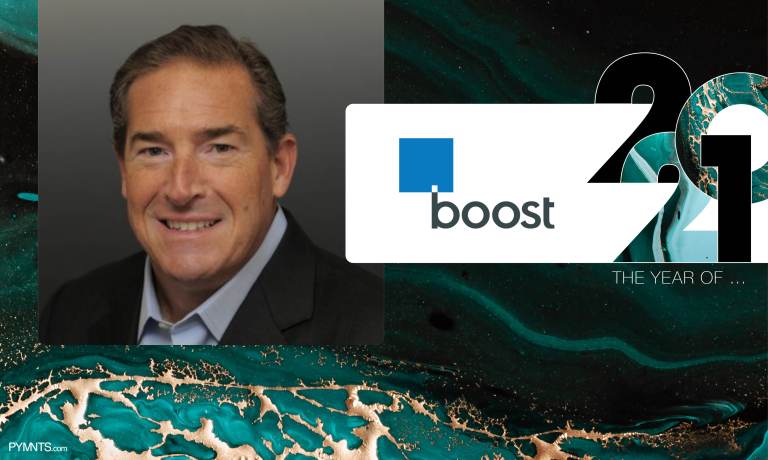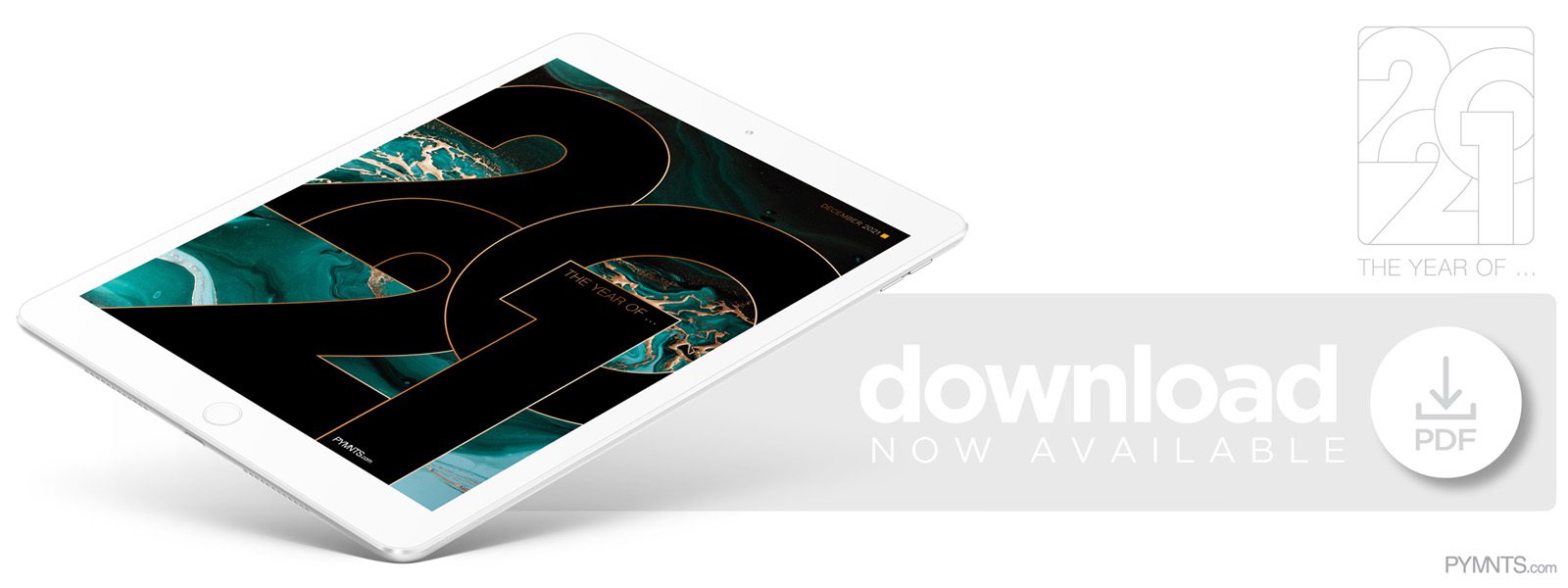Boost Payment Solutions: 2021 Was the Year of Intention

Last year gave the payments world a bit of time to step back and regroup from the chaos of 2020 — and start to rebound. To continue that, says Dean Leavitt, founder and CEO of Boost Payment Solutions, it’s time for businesses to start being more intentional about the technologies they embrace. Read his thoughts in the PYMNTS eBook, “In a Word: 50 Thought Leaders Sum Up 2021.”
The onset of the COVID-19 pandemic turned 2020 into a year of reaction across all industries and communities on a global basis. In the absence of time and actionable data, companies responded the best they could to navigate the rapidly changing landscape. By contrast, 2021 has been a year of intention.
After having a moment to regroup and take stock of what transpired in 2020, we collectively gained the ability to clearly see which payment-related issues were magnified by the pandemic and the economic consequences. In 2021, the payment industry had a unique opportunity to step back, examine itself and be intentional in assessing a path forward.
There is no doubt that the pandemic has accelerated the digitization of B2B payments. A recent PYMNTS study found that 86% of chief financial officers (CFOs) say that accounts receivable/accounts payable (AR/AP) digitization is “extremely” or “very” important. To accommodate this need, at Boost Payment Solutions, we went about developing and deploying a broad spectrum of technology-enabled solutions that have helped our partners and customers to rebound
The pandemic also highlighted the risks and costs associated with traditional manual processes, so we have focused our technology investments on building out proprietary solutions that eliminate the economic and functional friction often associated with the use and acceptance of commercial cards.
It has frequently been noted that the global B2B payment market has enormous potential, with most estimates somewhere between $100 trillion and 125 trillion annually. Most of these transactions remain entrenched in antiquated payment methods, with invoices still being manually processed and reconciled. It wasn’t until 2021 that we observed an intentional focus on expanding commercial card use and acceptance outside the U.S. The global partnership we announced with Mastercard in November is a fitting example of how like-minded companies are coming together to develop deliberate strategies to tackle this challenge.
In addition to being intentional in our business strategies, I have also observed my colleagues being more intentional in their personal interactions and relationships. Gone are the days of seeing your co-workers every day at the office or jumping on a plane for every client meeting. While there is no substitute for those in-person interactions, it’s been rewarding to witness my teammates make concerted efforts to check in with their colleagues more frequently and build authentic relationships. This is one trend that I personally intend to continue post-pandemic and beyond.
